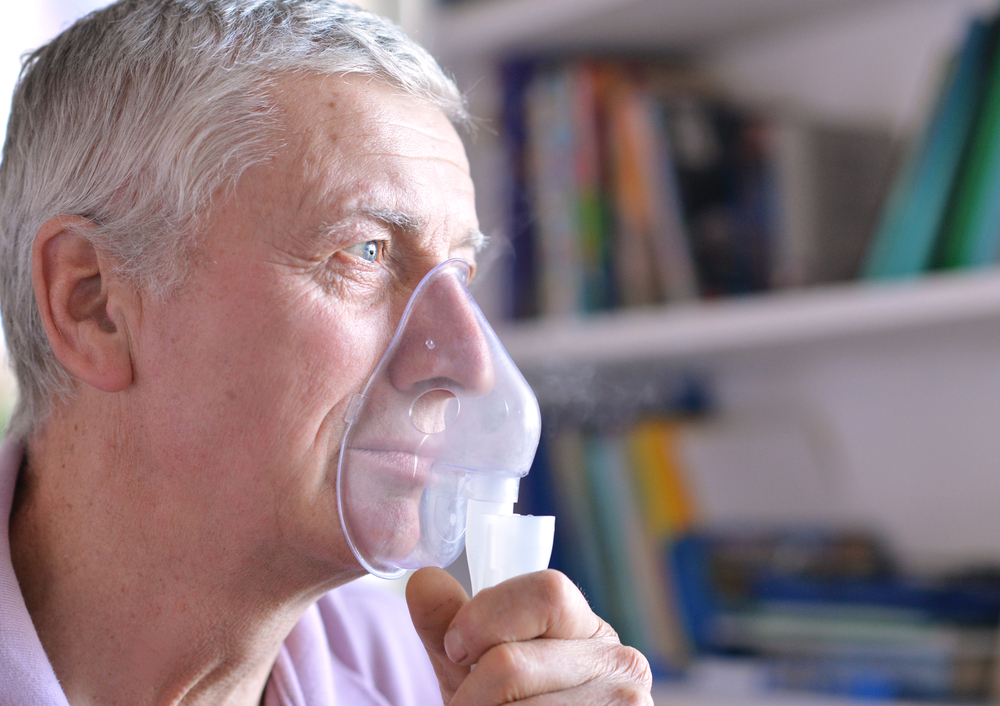Men with SSc-associated PAH Seen to Both Develop and Advance in Disease More Quickly Than Women
Written by |

In a large study investigating the impact of sex in systemic sclerosis-associated pulmonary arterial hypertension (SSc-PAH), a team of researchers analyzed a cohort of Canadian patients and found that the male gender is associated with shorter PAH disease duration and increased burden of SSc disease, although it does not independently impact SSc-PAH survival. The study, “Sex disparities in systemic sclerosis-associated pulmonary arterial hypertension: a cohort study,” was published in the Arthritis Research & Therapy journal.
SSc-PAH is a leading cause of mortality in SSc patients. While SSc affects mainly women, several studies reported that men with the disease are associated with an increased risk of mortality (when compared to the general population). However, the literature on the effect of sex on SSc-PAH is still controversial, and specific questions as to how sex impacts age of onset, time to diagnosis, disease duration, disease manifestations, and survival in SSc-PAH are far from being answered.
Researchers set out to investigate the effect of sex on survival in patients with SSc-PAH. Additionally, they determined its impact on PAH diagnosis, time from SSc diagnosis to PAH diagnosis, and SSc disease manifestations. To this end, they studied sex-based disparities in a cohort of SSc-PAH patients at the The University Health Network Pulmonary Hypertension Programme in Canada.
In total 378 SSc-PAH patients were studied — 58 men (15.3 percent) and 320 (84.7 percent) women (the female:male ratio was 5.5 to 1, respectively). All patients fulfilled the American College of Rheumatology (ACR) — European League Against Rheumatism (EULAR) classification criteria for SSc.
Results indicated that, indeed, sex disparities appear to exist in SSc-PAH. The team found that while PAH is more common in women with SSc, men present a shorter time period from SSc to diagnosis of PAH, shorter PAH disease duration, and increased burden of SSc disease. Notably, the team found that male sex was not an independent factor for survival in SSc-PAH patients.
In conclusion, the results suggested that sex influences the frequency of PAH, time to PAH diagnosis, PAH disease duration, and SSc disease burden. But male sex, per se, is not an independent risk factor impacting SSc-PAH survival, as it does not independently affect survival in those diagnosed with SSc-PAH.



